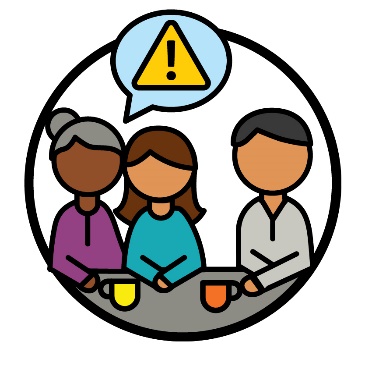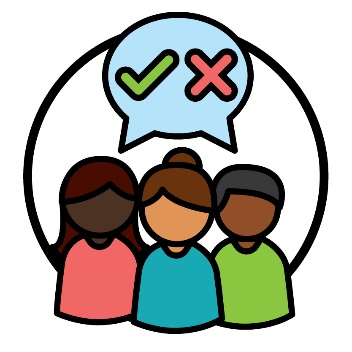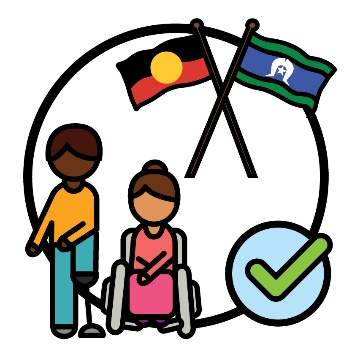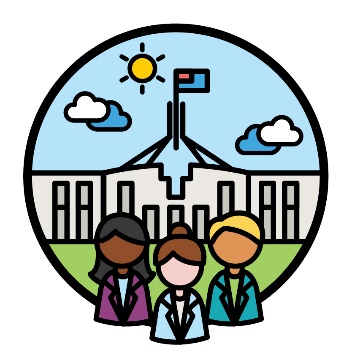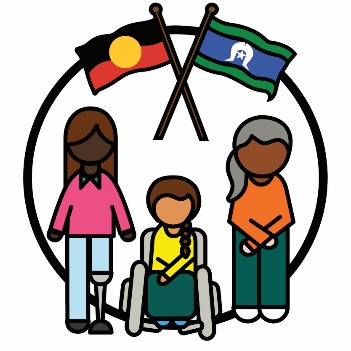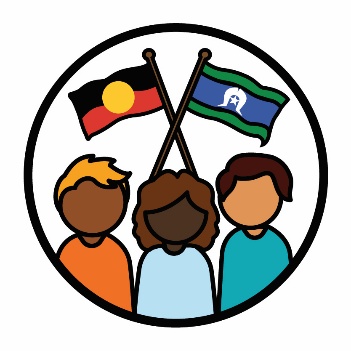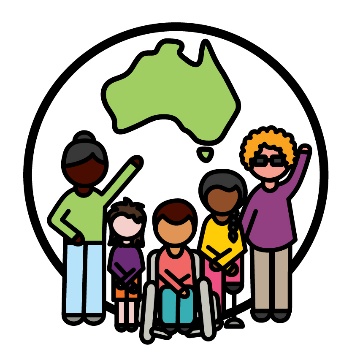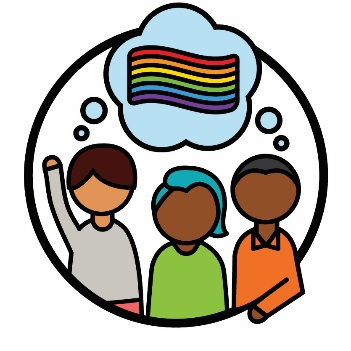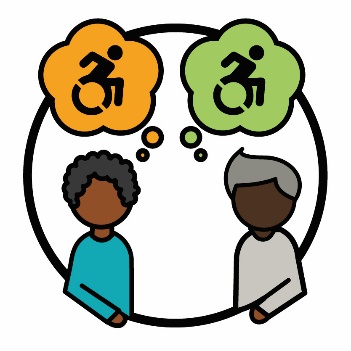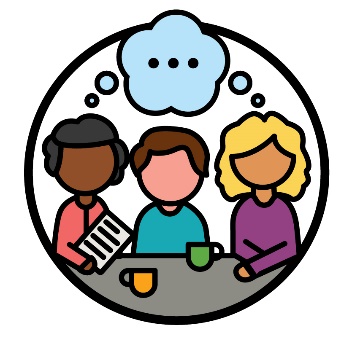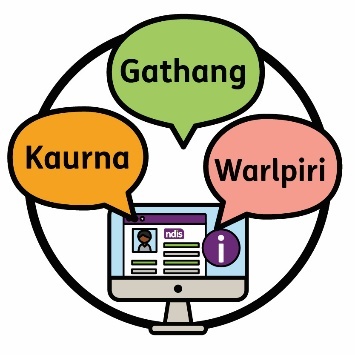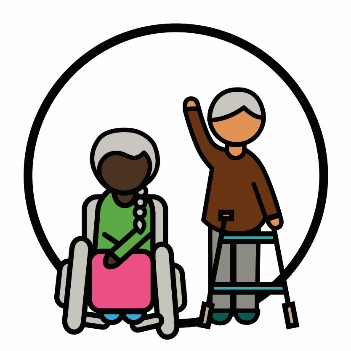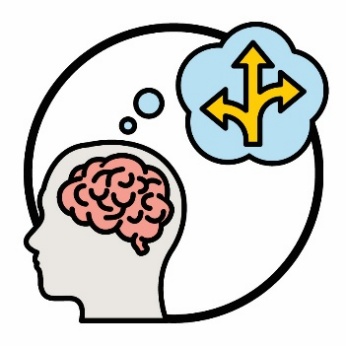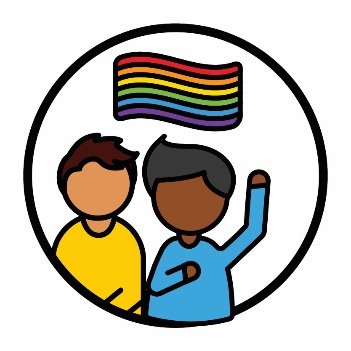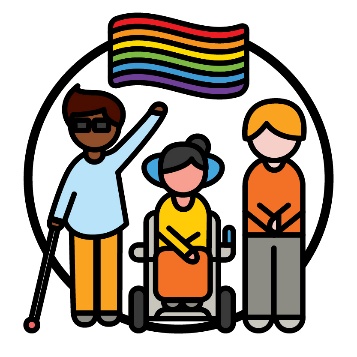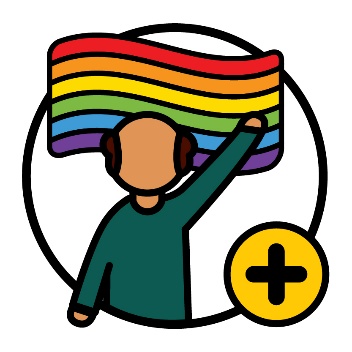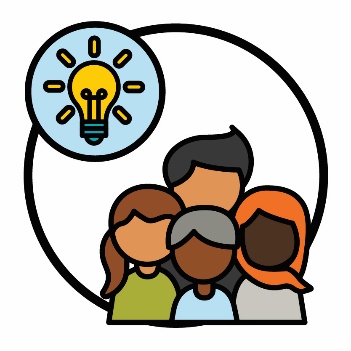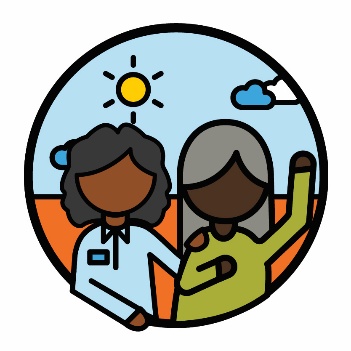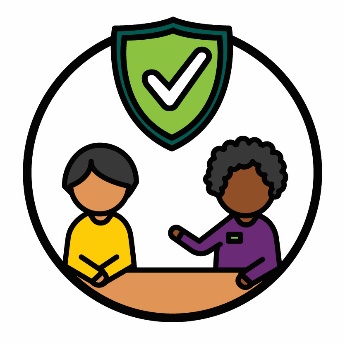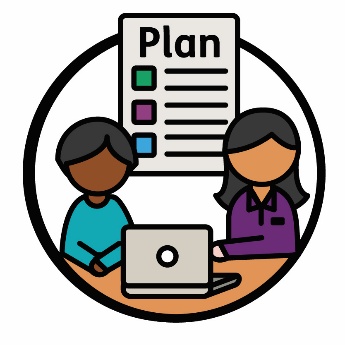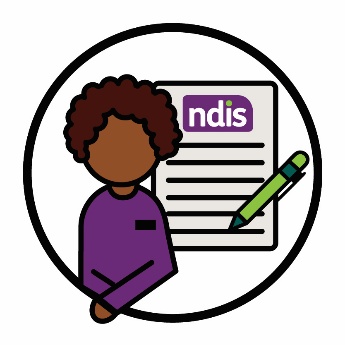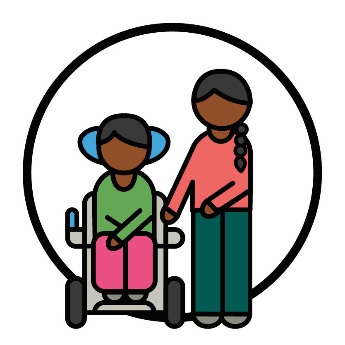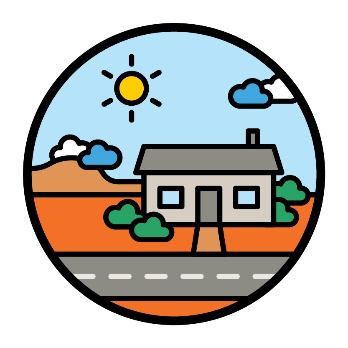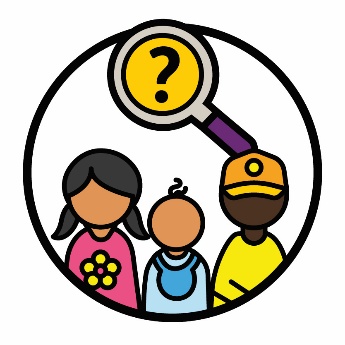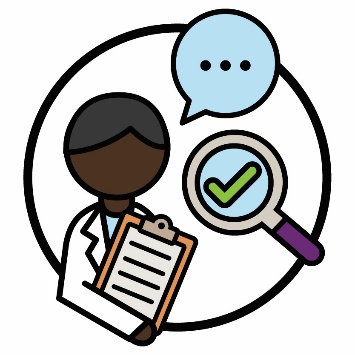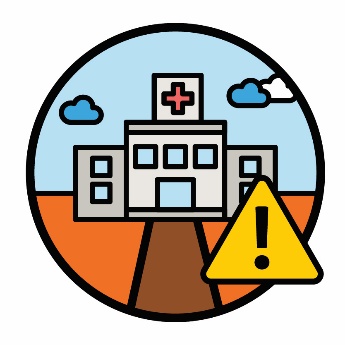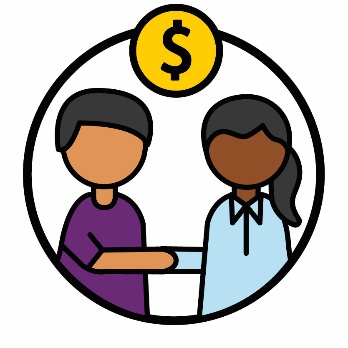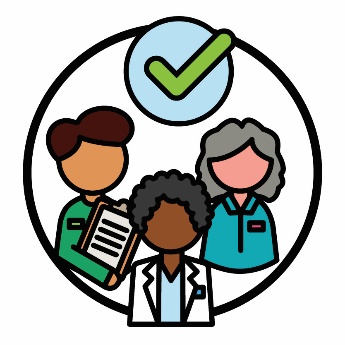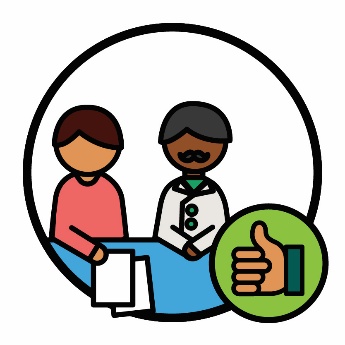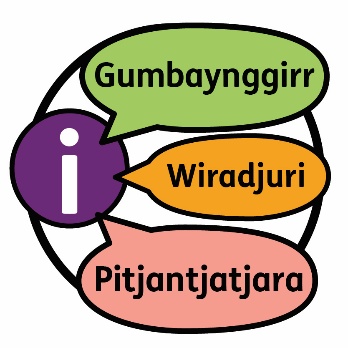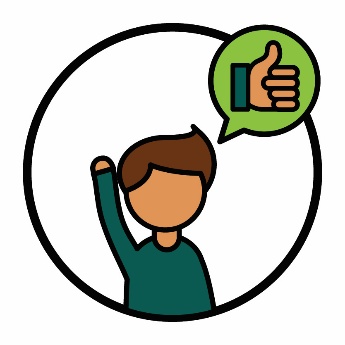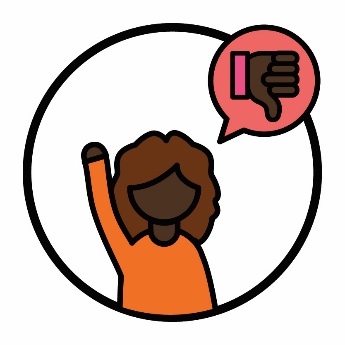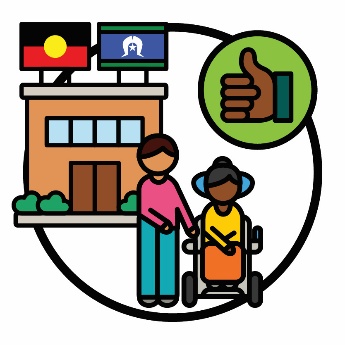Our reports
|
|
Reference Group members connected with their communities to find out about issues that affect them. |
|
|
Members shared reports about these issues with the NDIA. |
What did the reports talk about?
First Nations people and the government
|
|
When more First Nations people are part of the government, they have a say in important decisions. |
|
|
It also helps the government understand what different First Nations communities need. |
|
|
Reference Group members said that more First Nations people need to be part of state and territory governments. |
This includes: |
|
|
|
|
|
|
|
|
|
|
|
|
When a person is non-binary, they feel like they don’t fit the idea of being a woman or a man. |
Ways to improve the NDIS
|
|
Reference Group members shared that ‘disability’ means different things to different First Nations communities. |
|
|
Members said the NDIA and Reference Group should think about this at meetings. |
|
|
Members said the NDIS portal should have information and advice in different languages. |
Members shared that the NDIA needs to do more to understand the needs of: |
|
|
|
|
|
|
When people are neurodiverse, their brains work in different ways. |
|
|
Members also want the NDIA to better understand what people from the LGBTQIASB+ community need. |
|
|
The letters LGBTIQASB stand for lesbian, gay, bisexual, transgender, intersex, queer or questioning, asexual, sistergirl and brotherboy. |
|
|
The ‘+’ is for people who are part of the LGBTIQASB+ community but don’t talk about themselves using a word from this list. |
|
|
Members said NDIA workers need training about how to work with people from different cultures. |
|
|
This can help the NDIA provide better support to First Nations communities in places far away from cities and towns. |
Culturally safe supports and services
|
|
Reference Group members said it’s important that NDIA workers know how to make supports and services culturally safe. |
||
This includes: |
|||
|
|
|
||
|
|
|
||
|
|
Members said that some areas in Australia don’t have a lot of culturally safe supports and services. |
||
|
|
This means some family members need to provide support to participants. |
||
|
|
Members said the NDIA should support family members who need to support people with disability. |
||
Issues for people who live in places far away from cities and towns
|
|
Reference Group members talked about issues for people who live in places far away from cities and towns. |
|
|
|
This includes issues for children who need a diagnosis. |
|
|
|
A diagnosis is when a doctor:
|
|
|
|
Members said can be hard for some First Nations families to find and use healthcare services in places far away from cities and towns. |
|
Members shared that healthcare services should: |
||
|
|
|
|
|
|
|
|
|
|
This could help more First Nations people to find and use healthcare services. |
|
|
|
Members said that people who live in places far away from cities and towns need more information in different languages. |
|
|
Members said First Nations organisations should meet each year to talk about: |
||
|
|
|
|
|
|
|
|
|
|
For example, making sure communities far away from cities and towns:
|
|

